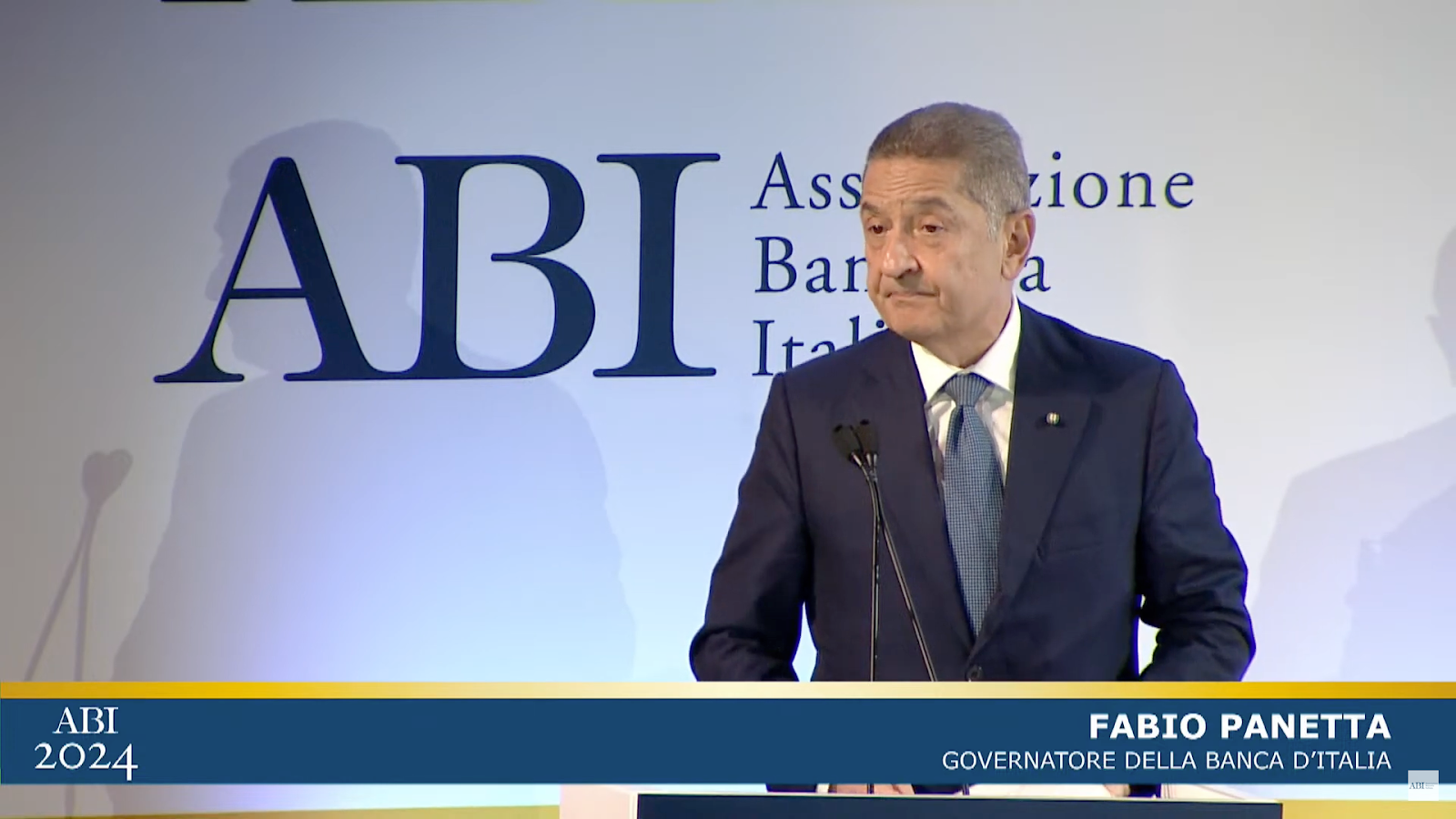The Bank of Italy, taking a page from the European Union's regulatory cookbook, is about to serve up a fresh batch of crypto guidelines. Exchanges would love this dish, for sure.
Related: Germany’s Big Bitcoin Sale Shakes Up the Market. What to Expect?
Governor Fabio Panetta, who apparently moonlights as Italy's crypto-regulator-in-chief, announced on Tuesday that the central bank will be dishing out these new guidelines "in the coming days."

These rules aren't just for show - they're aimed at putting some serious muscle behind the EU's Markets in Crypto-Assets Regulation (MiCA).
But what's in it, you ask? Well, they are currently picking out two token categories for making payments:
- Asset-reference tokens (ARTs): These tokens have their value pegged to one or more assets, like the gold-backed token PAX Gold (PAXG).
- Electronic money tokens (EMTs): The value of this type is linked to a single official currency, like a U.S. dollar-backed stablecoin.
Panetta, in his best "I'm not angry, I'm just disappointed" voice, made it clear that only EMTs have earned the Bank of Italy's seal of approval for "fully performing the means of payment function while preserving the public's trust."
Panetta couldn't resist taking a swing at the crypto world's heavyweights, Bitcoin and Ethereum. He called them "unbacked crypto-assets" with "no intrinsic value," essentially comparing them to a game of chance:
Our assessment is that the only instruments that can serve as means of payment fully preserving the public's trust are EMTs, electronic money tokens, which can be issued by banks or electronic money institutions.
The governor didn't stop there. He claimed that the "main objective" of crypto investors is to sell their assets at higher prices, which is a bit like saying the main objective of eating gelato is to get brain freeze.
He even suggested some might use crypto to "dodge tax rules" or skirt anti-money laundering regulations.
The Upside of The Guidelines
The upside to these guidelines is that they’ll help in "facilitating an effective application" of MiCA and "protecting the holders" of certain cryptocurrencies.
The timing of these guidelines also comes at the right time. The Italian government recently announced plans to increase surveillance on crypto markets to comply with MiCA.
They're not messing around either - fines for violations could range from 5,000 euros to a wallet-busting 5 million euros. That's enough to make even the most daring crypto trader break out in a cold sweat.
EU majors Germany, France, Spain and Italy account for 23% of European crypto employment.
— K33 Research (@K33Research) August 2, 2023
EU’s MiCA framework was passed in the EU parliament earlier in 2023, leading the EU to become the first major jurisdiction to introduce a tailored regulatory framework for crypto. pic.twitter.com/BTXdSCC5OP
Meanwhile, the crypto industry is watching these developments. Major players like Binance have already started adjusting their operations to comply with the new regulations.
Other firms, like BingX, are exploring partnerships with third-party custodians to beef up user asset protection.
So, what does all this mean for crypto holders in Italy? Well, it's a bit of a mixed bag:
On the plus side:
- Clearer rules could mean better protection for investors;
- Increased regulation might lead to more mainstream acceptance of crypto;
- The focus on EMTs could provide a stable option for those wary of crypto's wild price swings.
On the not-so-plus side:
- Stricter regulations might stifle some of the innovation in the crypto space;
- The skeptical stance on Bitcoin and Ethereum could discourage investment in these major cryptocurrencies;
- Increased compliance costs for crypto firms could be passed on to users.
In the end, Italy's move to regulate crypto might push out some projects and companies that can’t keep up, but it could also pave the way for wider adoption and acceptance.
Disclaimer: All materials on this site are for informational purposes only. None of the material should be interpreted as investment advice. Please note that despite the nature of much of the material created and hosted on this website, HODL FM is not a financial reference resource and the opinions of authors and other contributors are their own and should not be taken as financial advice. If you require advice of this sort, HODL FM strongly recommends contacting a qualified industry professional.




